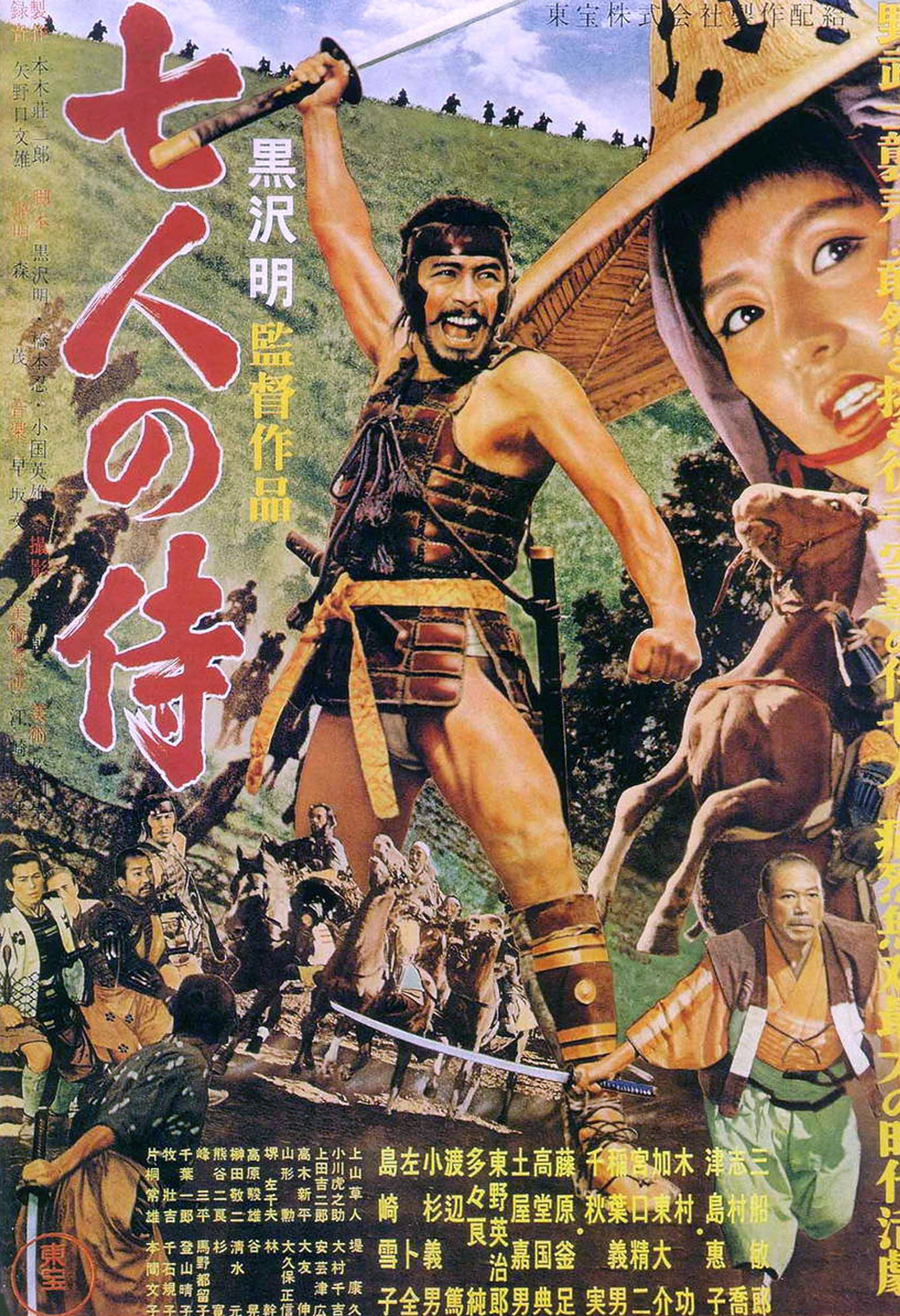
I first saw seven samurai at some small theater in downtown Pittsburgh, and it took me to another place. The writing by Shinobu Hashimoto, who died on July 19 at 100, working with Akira Kurosawa and Hideo Oguni, was so beautiful and poetic and powerful and heartbreaking. It was all about justice, it was all about sacrifice, and it made me want to be one of those guys. I came from a rough area, and I had my own version of watching poor people getting pushed down–whoever the person was who had the power, they would come in and take from other people. And when I saw The Magnificent Seven, a direct take on Seven Samurai, again, I found myself wanting to be one of those guys. So when they called me from MGM and asked me about remaking it, I couldn’t say no.
Seven Samurai, a foreign film from the 1950s in Japan, affected a boy from Pittsburgh living in the ghetto. That tells you it’s a universal story about a universal reason that people fight for justice. The process between Kurosawa and Hashimoto, who also wrote Rashomon, wasn’t about ego as much as it was about what’s best for the story–and I keep seeing that story being told over and over again. A lot of people don’t know Hashimoto’s name, but his legacy will live on forever through his movies and the stories and the people who are influenced by them.
Fuqua directed 2016’s The Magnificent Seven and The Equalizer 2, in theaters now
More Must-Reads from TIME
- Why Biden Dropped Out
- Ukraine’s Plan to Survive Trump
- The Rise of a New Kind of Parenting Guru
- The Chaos and Commotion of the RNC in Photos
- Why We All Have a Stake in Twisters’ Success
- 8 Eating Habits That Actually Improve Your Sleep
- Welcome to the Noah Lyles Olympics
- Get Our Paris Olympics Newsletter in Your Inbox
Contact us at letters@time.com